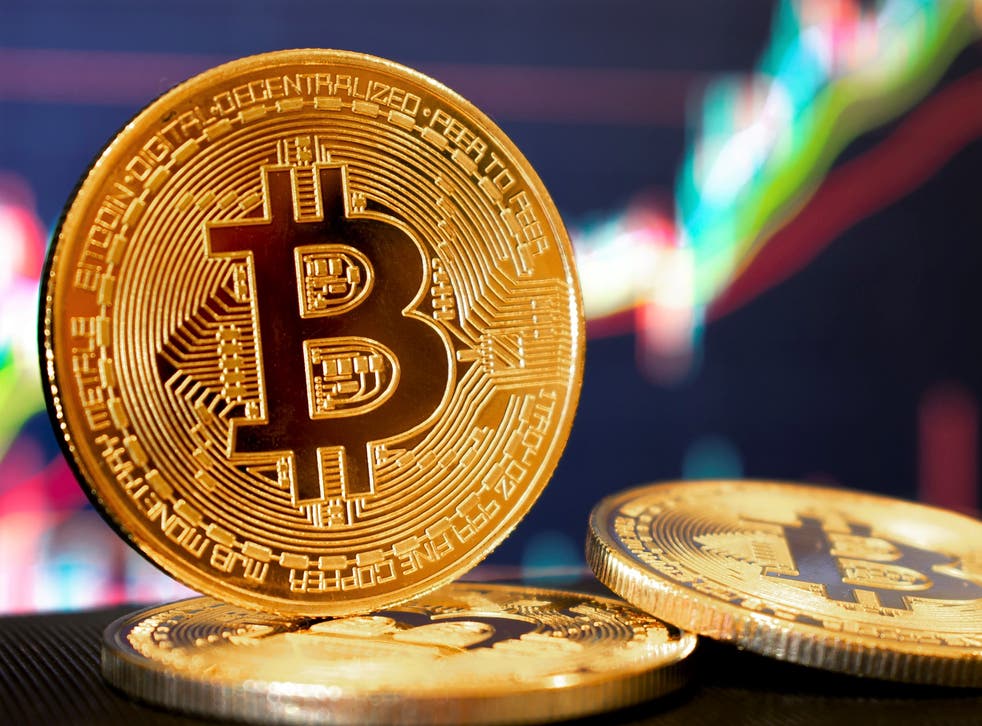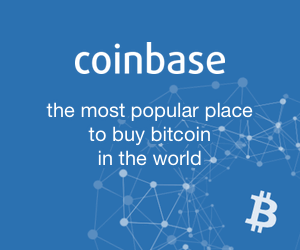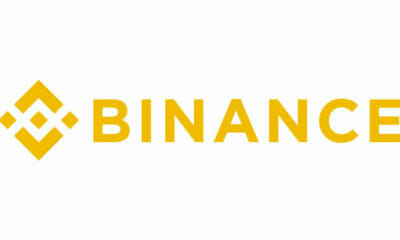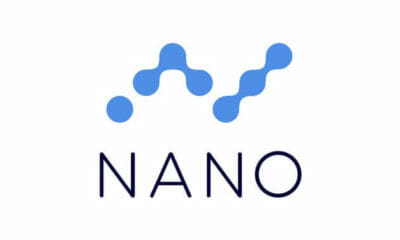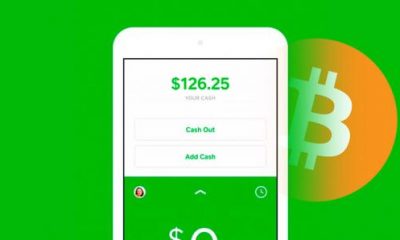An ongoing source of frustration for many members of the U.S. cryptocurrency and exchange traded fund (ETF) communities is the lack of a bitcoin ETF. The Securities and Exchange Commission (SEC) has continuously blocked efforts from the ETF community to bring products based on the largest digital currency to market, but some market observers believe a bitcoin ETF can still become a reality.
“I would have thought we were not going to see anything here in 2018 on bitcoin ETPs, but if [the SEC] is out there asking for some comments around the ProShares filing, they are not wasting time, I know that,” said Amplify ETFs CEO Christian Magoon in an interview with WealthManagement.com.
Earlier this year, Amplify introduced the Amplify Transformational Data Sharing ETF (BLOK), an actively managed ETF dedicated to companies with exposure to blockchain technology. BLOK, which is almost four months old, has over $177 million in assets under management, a decent figure for an ETF of that age.
Regulatory Issues
Many ETF issuers expected the launch of bitcoin futures, which debuted on two U.S. exchanges in December, would help facilitate the debut of ETFs related to the cryptocurrency. Following the launch of bitcoin futures on Cboe and CME, a slew of ETF sponsors reapplied to launch bitcoin funds, but were still rebuffed by the SEC.
While the Securities and Exchange Commission (SEC) opened a comment period on bitcoin ETFs in early January, soon thereafter the commission told ETF sponsors to withdraw their applications for funds related to the largest cryptocurrency.
“But, maybe they are getting a little bit more serious. Maybe it’s because the market has cooled off in terms of cryptos. That would be a big coup for ProShares, and, of course, they’re not a stranger to controversy given all of their inverse and leverage products,” said Magoon. “My guess is their user base is pretty hedge fund-y, trader-y, and would probably love bitcoin and exchange traded products (ETPs).”
Recently, the SEC said it is evaluating whether or not to let ProShares, a major issuer of ETFs, list the ProShares Bitcoin ETF and the ProShares Short ETF. ProShares orignally filed plans for those products in September.
Assuming a bitcoin ETF or ETFs come to market in the U.S., that could significantly increase investor adoption of the digital currency because while many investors have signaled interest in digital assets, they are reluctant to buy and hold alt-coins over exchanges and in digital wallets. The ETF wrapper would ameliorate those problems.









